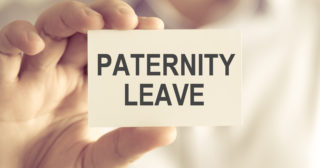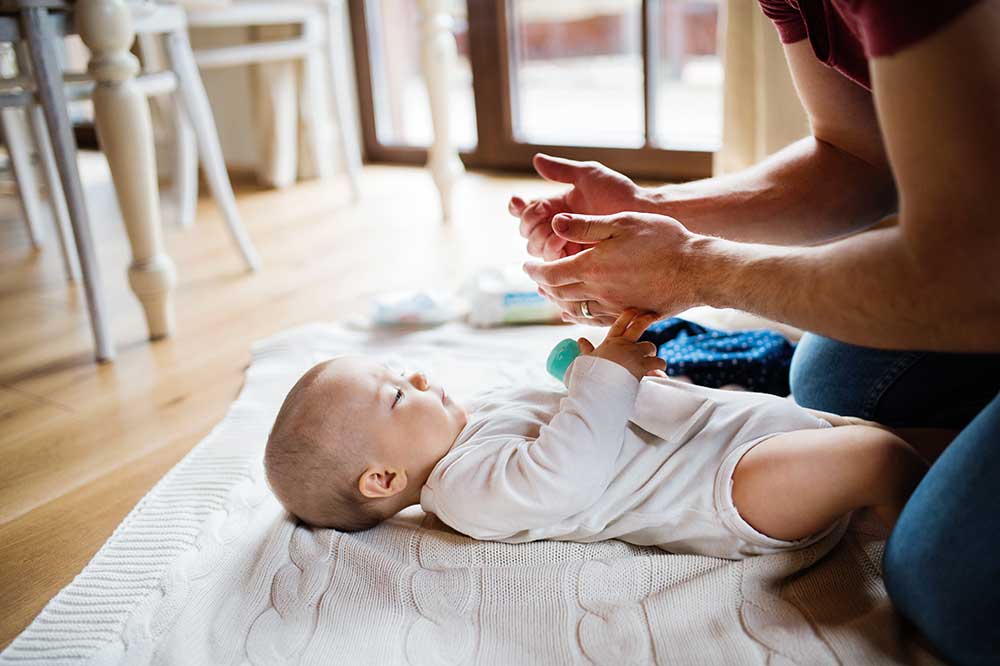
Paternity pay when you have more than one job
An increasing number of parents are doing more than one job, particularly during the cost...read more
Maria Brett looks at the Scottish Parliament Cross Party Group (CPG) on Shared Parenting, what it does and its plans for the future.

In January 2019 the Scottish Parliament Cross Party Group (CPG) on Shared Parenting turned one. That means it is still relatively young, but it is moving forward at a great pace, identifying and prioritising issues it deems need to be tackled. The Group was initiated by Ivan McKee MSP and aims to ‘identify, examine and promote policy and practice that support parents in sharing parenting responsibilities’.
Comprising MSPs, individual members and over 15 organisations including Families Need Fathers Scotland, Parent Network Scotland and Homestart, the CPG is a forum for these parties to discuss ways that practices surrounding shared parenting can be improved and how to influence policy making in the future.
The title may suggest the Group concentrates on the issues facing separated parents, particularly non-resident fathers. While this is a big factor, the CPG focuses on making things fairer for both parents, whether they are a couple or not. Part of the group’s remit is to ‘consider how gender stereotypes can be tackled in the pursuit of a better understanding of what we need to do to ensure the best possible childhood and most promising adult life for Scotland’s children’.
Fulton MacGregor MSP has recently been appointed Co-Convener and agrees that gender stereotypes need to be addressed in order to achieve a typical parenting style that is truly shared. “We’re coming from a deeply unequal society in terms of gender and I think a lot of the things you see, like difficulties with shared parenting and with paternity leave, are both the product of that and part of the issue that’s creating it,” he explains. “We need to break down each of these things and I’ll be taking the Group in that direction. One of the things we’ll be doing is tackling inequality, gender stereotypes and the gender pay gap.”
A large part of sharing parenting responsibilities concerns how work and home life is balanced for parents. One of the CPG’s main objectives is to afford all parents the same opportunities around career development and childcare regardless of gender. “We need to move away from this image that it’s a woman’s job just to stay at home, do the parenting, do the housework, do the cooking while the man goes out to work,” says Mr MacGregor. “And one of the ways we can move away from that is by having better paternity leave in place for dads so that dads can feel part of the process, but also, most importantly, that it sends out a message that it’s everybody’s job.”
One of the ways the CPG intends to promote shared parenting is through parental leave. Shared Parental Leave is not a devolved issue, meaning policy is made by the UK Government. This makes it difficult for a Scottish Parliament Group to successfully influence policy. However, the Shared Parenting Cross Party Group is keen to promote Shared Parental Leave and encourage parents to utilise what is available to them. “One of the things that we will be addressing is parental leave, particularly around dads,” says MacGregor. “We need to keep challenging stereotypes and beliefs to bring change forward.”
Forward planning of the Group’s agenda includes an item on equalising parental leave for mothers and fathers. This is an issue that particularly affects separated parents, who may wish to make sure both parents spend time at home with the child, but who may not be able to share leave for practical reasons.
MacGregor believes current policy, brought in by the UK Government, does have some merits, but also comes with flaws. “It’s based on the principle that it will be a traditional nuclear family model,” he explains. “If the parents are separated either during the pregnancy or at the early stages after the birth, or they’re not together at the time of the pregnancy and conception, then I think there is actually a case there to be made for a separate leave system.” Equalising parental leave would ensure both parents had access to the same amount of time off work to spend with their new child and make it easier for mothers to return to work.
MacGregor comments: “I think everything we do, whether it’s about paternity leave, shared parenting, anything like that, any policy that we’re making in the Scottish Parliament or the UK Parliament we must always be conscious about tackling discrimination and stereotypes so that the next generation of kids grow up not thinking like that.”